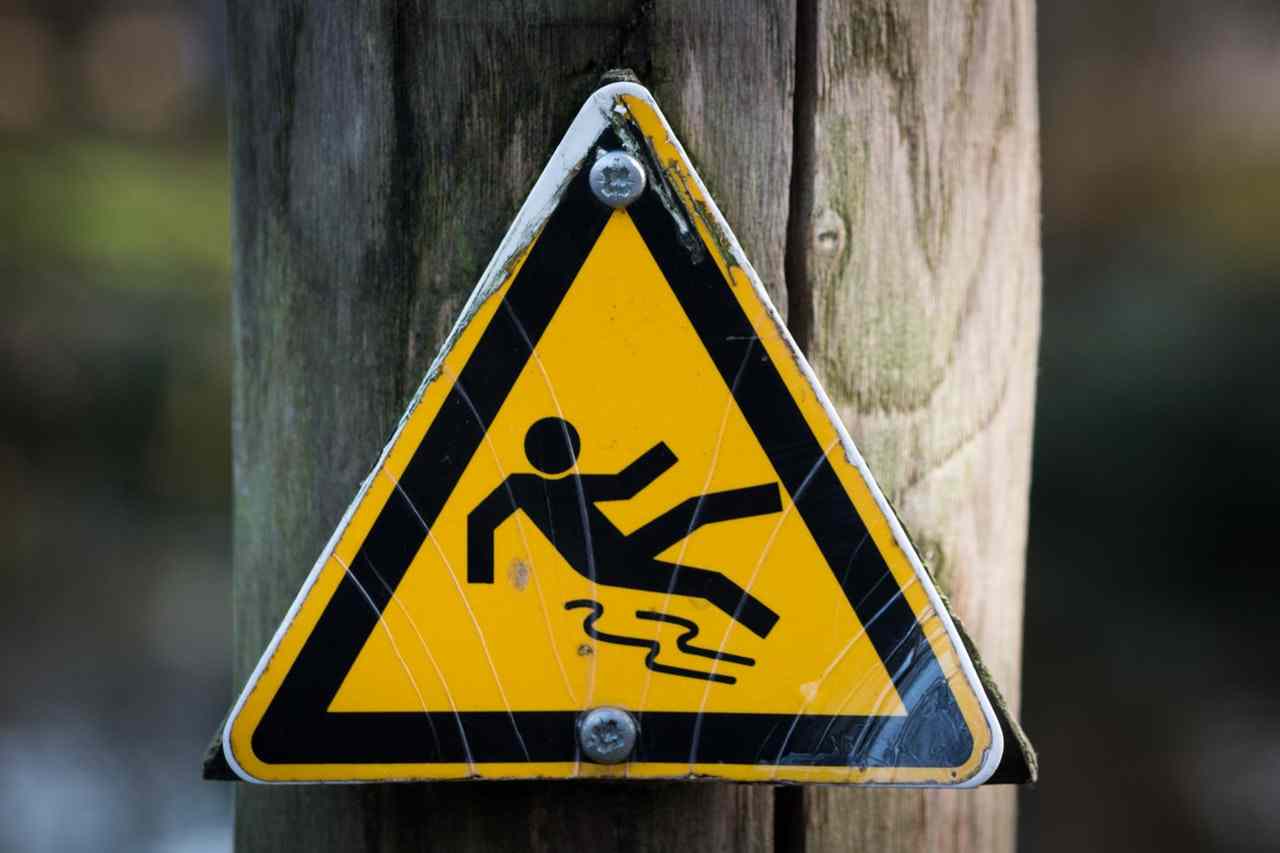A Personal Injury Lawyer Describes What is Negligence?
By Attorney Sophia Dean
Updated: June 2020
Legally causing injury
One of the most common things I hear from my personal-injury clients is that they did not do anything wrong, and now they are injured. Personal Injury Law is extensive, and there are many ways that clients can be hurt – automobile accidents, slip and falls, negligent security claims, and being struck by a bicycle are all examples. However, even though somebody may have caused your injury, it is always important to remember that a plaintiff must prove that the action by the other party was the legal cause of the injury that my client sustained. This condition means that we must be able to show that the defendant’s actions legally caused the injury to my client.
First-year law students learn on day one what the legal elements of negligence are – duty, breach, causation, and damages. In (somewhat) standard terms, this means that negligence occurs when a party (the defendant) owes a duty to act to another person (the plaintiff), and breaches that duty. Because of the violation of that duty, the plaintiff suffers “damages” (which is the legal phrase for an injury).
What the heck does it really mean to prove negligence?
Proving negligence can be tricky. The best example of this is a slip and fall. If I walk into a big box store and slip and fall and injure myself, I very well may have a cause of action against the store for failing to maintain the premises properly. Sometimes you may hear this called the “prudent person” standard or the “standard of care.” These are legal terms that are used to show that someone acted reasonably under the circumstances.
Without getting into the nitty-gritty, (this is something that we could link to a different article on Florida’s transitory foreign substance statute), Florida has enacted a law regarding slip and fall claims. Fla. Stat. 768.0710 establishes some minimum requirements to show that a defendant breached the duty of care that the owned to the plaintiff in a slip and fall action.
What does this mean for your negligence claim?
This statute means that when I walk into a big-box store and slip on a puddle of water, there is a chance that the big box store will not be legally liable for the fall if the requirements of Fla. Stat. 768.0710 cannot be met. In this example, even though I fell on premises that were maintained by the defendant, they may not have acted negligently, according to Fla. Stat. 768.0710 and, therefore, you cannot recover anything from that defendant.
What if I was somewhat at fault?
Another aspect of negligence is called comparative or contributory negligence (these are different concepts, but that is a topic for a different time). Comparative negligence is the argument that both the plaintiff and the defendant are negligent.
This argument comes into play a lot of times in slip and fall accidents. If we take the slip and fall in the big-box store example, the big-box store may be liable for the slip and fall if they had notice of the liquid and failed to clean it up.
But what about arguments against the plaintiff? What if the plaintiff was shuffling their feet? What if the liquid was so “open and obvious” that the plaintiff should have seen it. At this point, the big box store may argue that the plaintiff was negligent because they did not avoid the environment that caused the fall.
In this scenario, if the case made it to the jury, the big-box store would ask the jury to apportion the amount of fault amongst the plaintiffs (essentially arguing that both the store and the plaintiff were both 50% at fault for the accident). In this situation, any verdict that is returned by the jury for the fall would be reduced by 50%.
So what does this all mean?
Just because you are injured by somebody else does not necessarily make them legally liable for your injury.
The best advice is that it is essential to contact an attorney as soon as possible. A personal injury lawyer may review your case and determine whether there is any chance of recovery for your injury.
The recovery can be used to help pay any past and future medical bills, in addition to any lost wages that you have incurred as a result of the accident.
If you are wondering what steps to take if you are ever in an accident, you can give our article a read by Clicking Here.
Last Updated on October 20, 2023 by The Orlando Law Group








